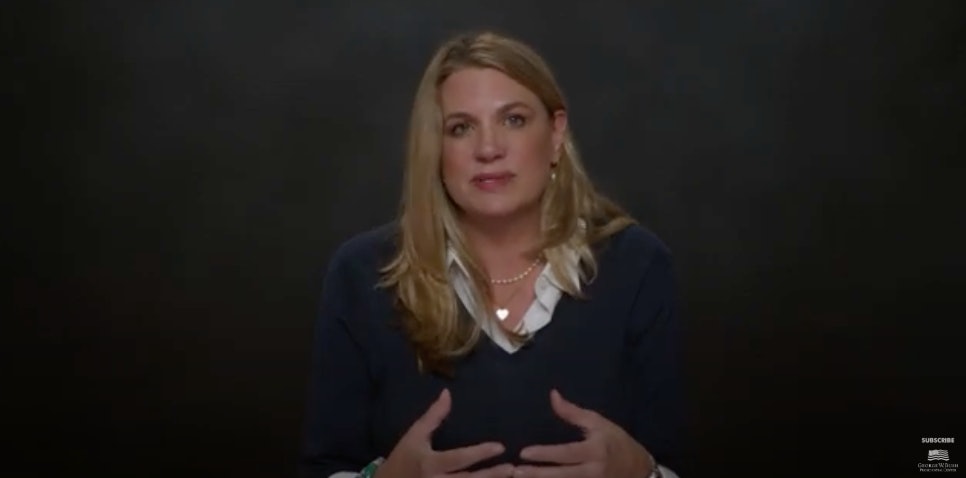Joseph Alexander, 2022 Stand-To Veteran Leadership Program Scholar and a high school principal in the Waco, Texas, Independent School District, discusses his passion for education and how the Veteran Leadership Program taught him how to apply leadership skills.
Please tell us a little bit about yourself and your personal leadership project.
I’m a United States Army veteran and have been a professional educator for over 30 years at all levels. My personal leadership project centered on supporting military men and women transitioning into public education. My project created a system to train new teachers or new-to-district teachers by providing them with campus coordinators who were each trained by district coordinators.
Each prospective teacher was able to take a self-paced course in a Google Classroom. The district coordinator was responsible for monitoring and evaluating the program’s effectiveness in recruiting, rehiring, and retaining new teachers. The district coordinator would do all required training per state guidelines for one to 30 days: district policy, campus administration and campus policy, curriculum and instruction, district resources, lesson planning, special education law, accommodations versus modifications, classroom management, classroom structure, and building healthy relationships.
The project was based on nationwide data that teachers leave the profession within one to five years due to student behavior and the lack of a teacher mentor.
Please give us an update on what you have been working on since completing the Stand-To Veteran Leadership Program.
I worked at the Texas Juvenile Justice Department for two years as an Educational Specialist for Intervention Programs (2022-2024). I’m currently a sitting Principal at the Waco High School in Waco, Texas. This is my third campus. I’m responsible for improving the campus’ accountability and culture. I’m a highly effective school turnaround leader who has led several campuses from targeted improvement to a performing campus that has closed academic gaps in all subgroups.
Which lessons learned during the Veteran Leadership Program have stayed with you the most, and how have you put those lessons into action?
The friendship and comradery among my cohort participants. We still meet monthly by Zoom to stay connected to each other and provide updates on our lives. I have learned so much from everyone that I started applying those skills and have established strong networks that I can depend on in my life. I did learn how to apply my leadership skills and enhanced those skills by learning emotional regulation, interpersonal relationships, distress tolerance, and mindfulness skills when working with a large group of people and building professional networks.
Can you discuss how veterans are uniquely positioned to lead in the classroom as educators?
Veterans are uniquely positioned to lead a classroom, campus, or district based on the leadership skills that we have learned from the military: adaptability, leading by example, moral integrity, team building, written and oral communication skills, continuing to learn, team building, setting an example, and making sound and timely decisions. I learned competence, commitment, and character from the military, and that has provided a strong foundation for me to grow from.
As veterans, we are uniquely positioned to lead because of the leadership opportunities that were provided based on our education, trainings, ranks, and leadership schools. We learned to take initiative in certain situations and be competent in making tough decisions. We also learned to make tactical decisions and communicate clearly with our students, parents, families, and school community. We learned to set a good example for our families and protect the youths that are in our care. We also learned to master the art of continuing education and develop the necessary skills to be eligible for promotions in our careers.
Can you describe the greatest challenge and opportunity you are facing as a school administrator, and how you are approaching both?
The greatest challenge that I face is a lack of student engagement and parent involvement in an urban school district that is a Title I campus (one that has a high percentage of students from low-income families and is eligible for additional federal funding.)
The greatest opportunity is to lead this campus and change the culture to a high-performing campus where students come to learn, lead, and have great expectations for themselves.
I approach the opportunities and challenges very differently. I start with the opportunity by having steadfast faith and the belief to turn around this school for my community. I plan each day with daily inspiration and motivation to make an impact on today’s youths. I focus on being intentional with my students to make an impact in their lives. I have a strong work ethic, that I believe in myself and I can move a school community to the highest level of achievement. Once I get the school community to understand the climate and culture of excellence then I can focus on moving them where I need them to the next level. I look for progress over performance. Success is doing the little things better than you did before. I focus on character, competence, social, emotional, learning, and the character of my students.
The challenges are improving the campus accountability report card and parent engagement for our school community. I begin with the daily interactions with my students and staff, start on time and end on time, curriculum and instruction, staff development, professional development, building positive relationships, classroom norms with expectations, classroom management, writing across the curriculum, small group purposeful talk, and teachers within proximity of their students.
Being a school administrator and a veteran is the greatest honor of my life – to serve my community and the country that I love.






























